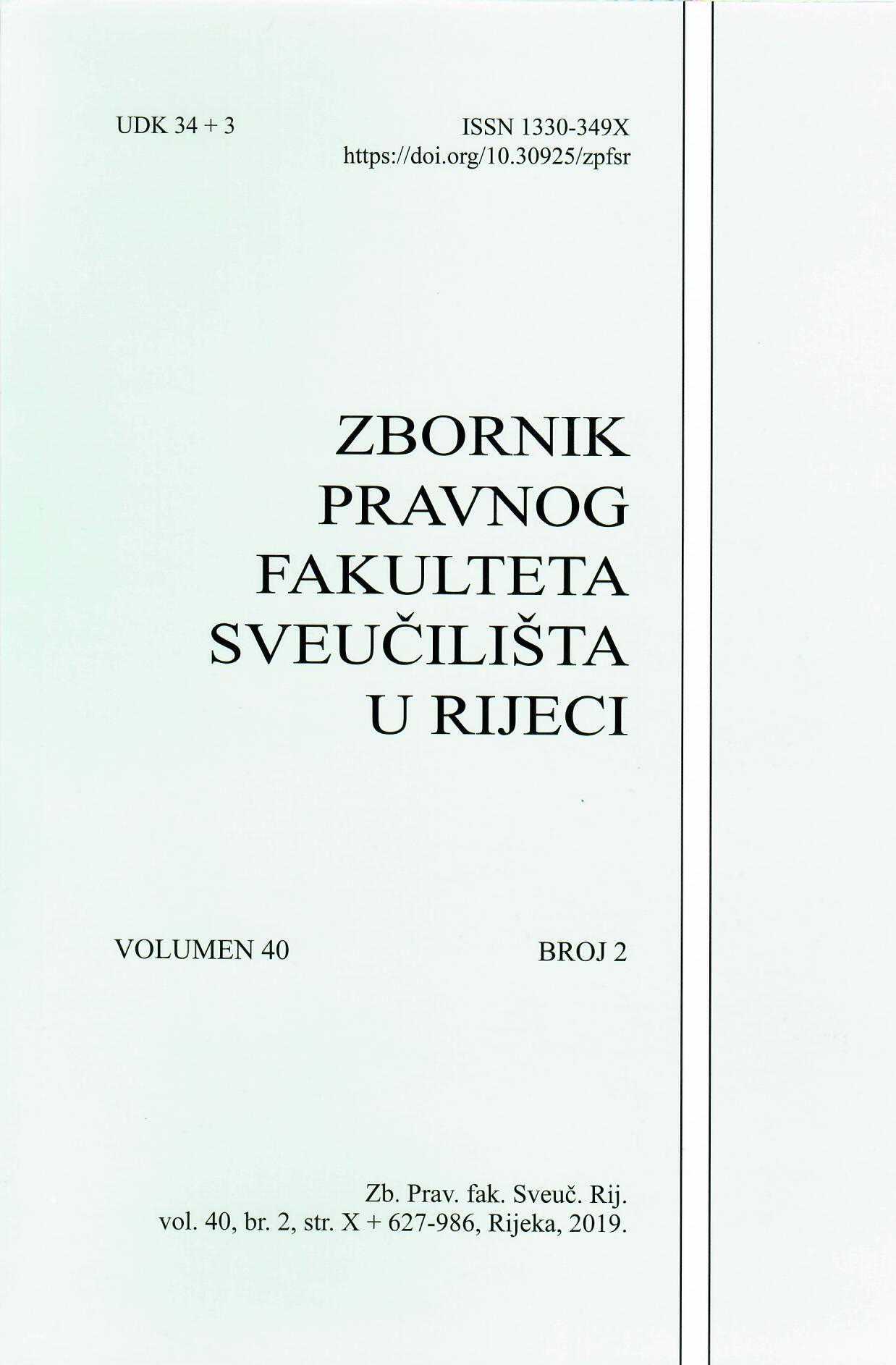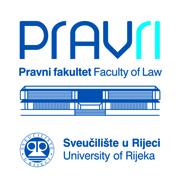THE IMPACT OF THE UN SECURITY COUNCIL’S RESOLUTIONS ON THE PROTECTION OF FUNDAMENTAL HUMAN RIGHTS
DOI:
https://doi.org/10.30925/zpfsr.40.2.1Keywords:
targeted (smart) sanctions of the Security Council; sanctions regime; the Sanctions Committee; protection of human rights; OmbudspersonAbstract
The turn in the implementation of the Security Council’s resolutions from general ones, directed against States, towards targeted (smart) sanctions directed exclusively against individuals linked with terrorism, has produced both positive as well as negative effects which have called in question the legality and justness of targeted sanctions. Due to the lack of an adequate control mechanism in the United Nations system, which would enable the individuals affected by sanctions at least a quasi-judicial review of the decisions adopted by the Sanctions Committee regarding their names being listed on the so called sanctions list, in reality those individuals are faced with violations of their fundamental human rights (e.g. the right to access to court, the right to a fair trial, the right to an effective remedy). The subject of this paper is the analysis of the Security Council’s sanction regime in the fight against terrorism which was introduced in resolution 1267 (1999). The author further analyzes international jurisprudence concerned with the mentioned violations of human rights in the implementation of the sanctions of the Security Council. Special
emphasis is placed on the institution of Ombudsperson and its implications on the sanctions regime. The author concludes with the assessment of the efficacy of the reforms introduced in the sanctions regime as a step forward to the more transparent and effective fight against terrorism.
Additional Files
Published
How to Cite
Issue
Section
License
Collected Papers is an open access journal. Journal does not charge article processing charges (APC) to authors. It is licensed under CC BY-NC licence 4.0.
Collected Papers of the Law Faculty of the University of Rijeka" is an Open Access journal. Users are allowed to read, download, copy, redistribute, print, search and link to material, and alter, transform, or build upon the material, or use them for any other lawful purpose as long as they attribute the source in an appropriate manner according to the CC BY licence.
The papers published in "Collected Papers of the Law Faculty of the University of Rijeka" can be deposited and self-archived in the institutional and thematic repositories providing the link to the journal's web pages and HRČAK.
Upon acceptance of the manuscript for publication by this journal, the author can publish same manuscript in other journals only with the permission of the Editorial Board (secondary publication). A repeated publication should contain a notice as to where the manuscript was originally published.



